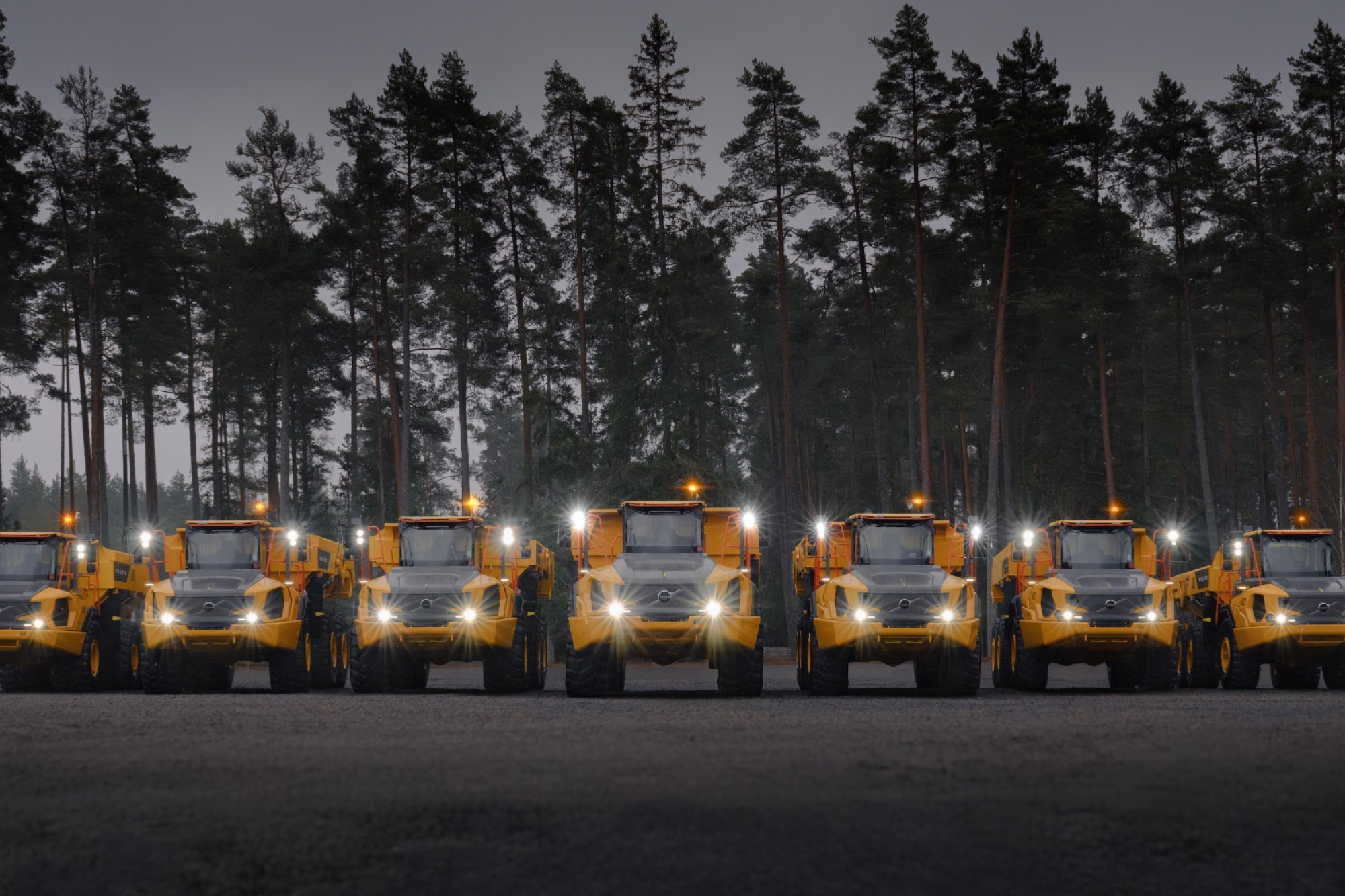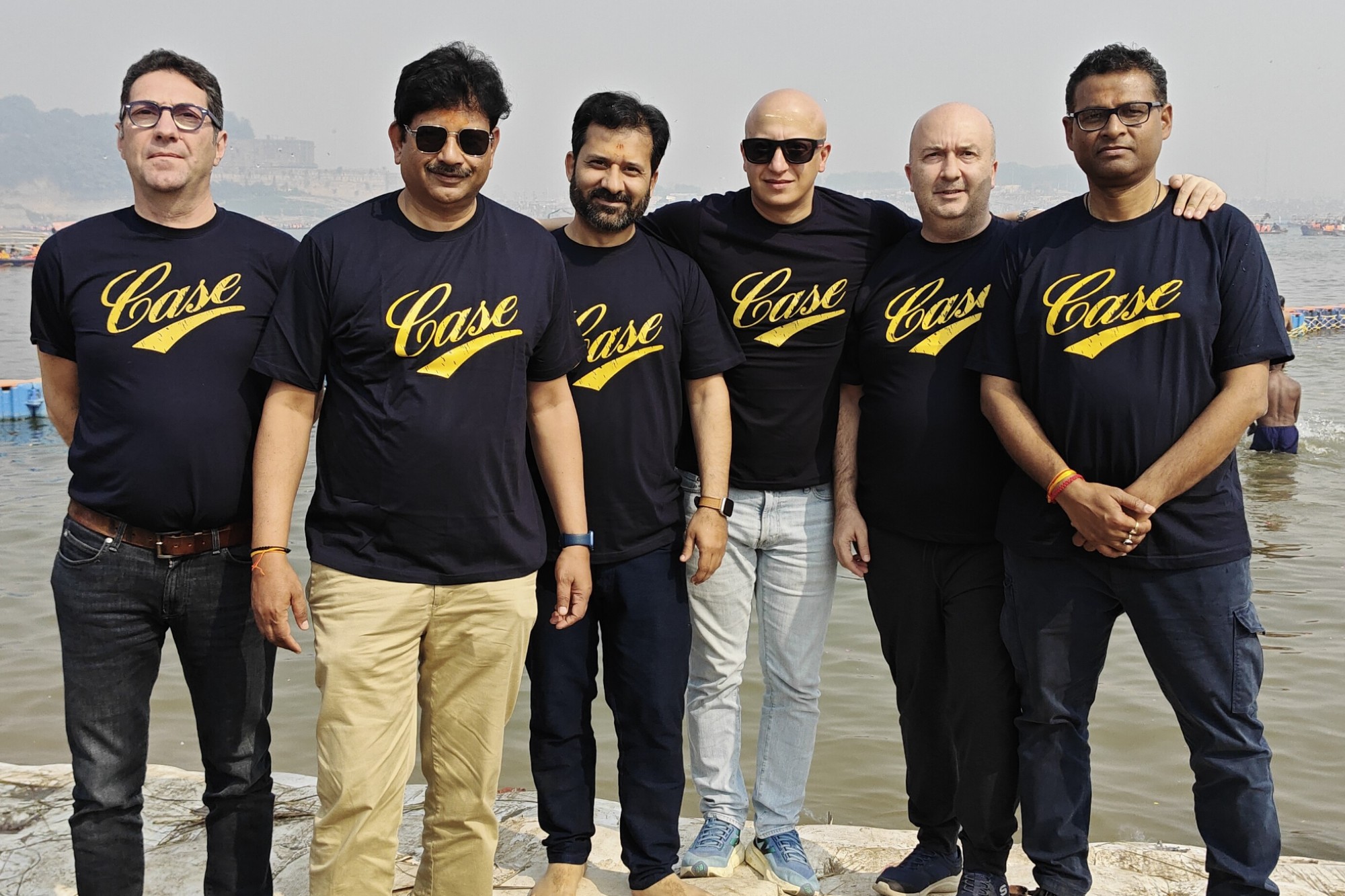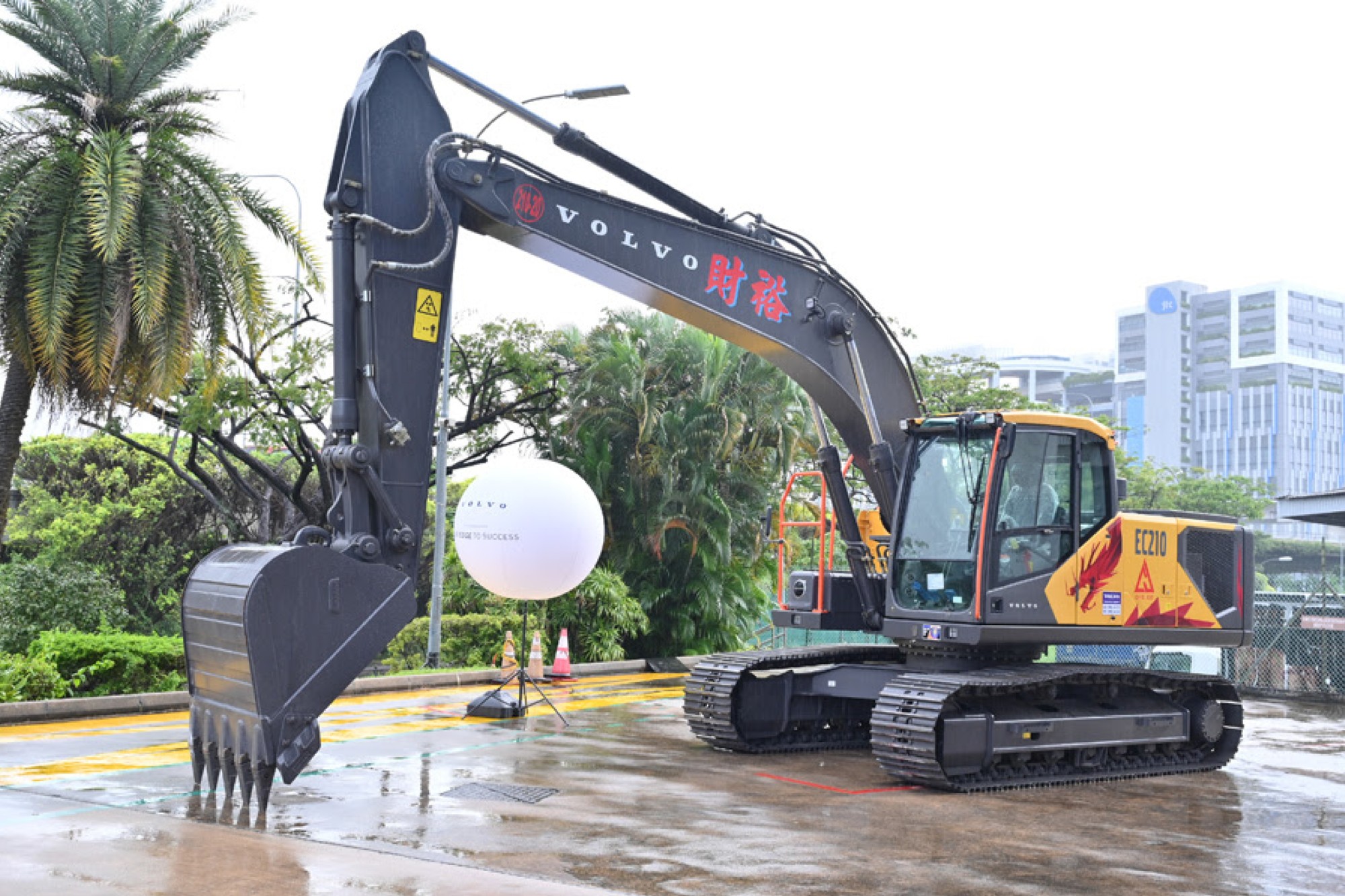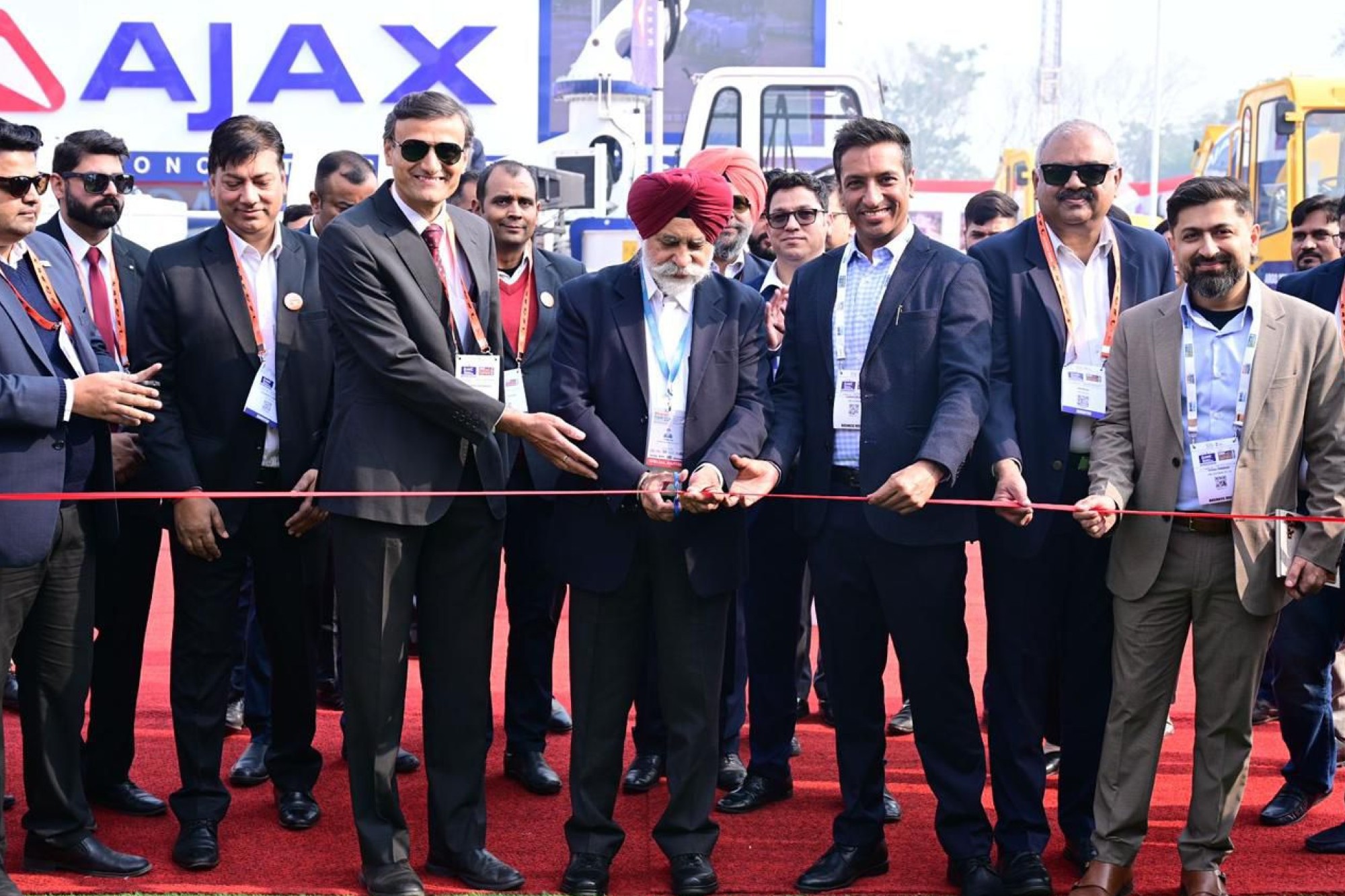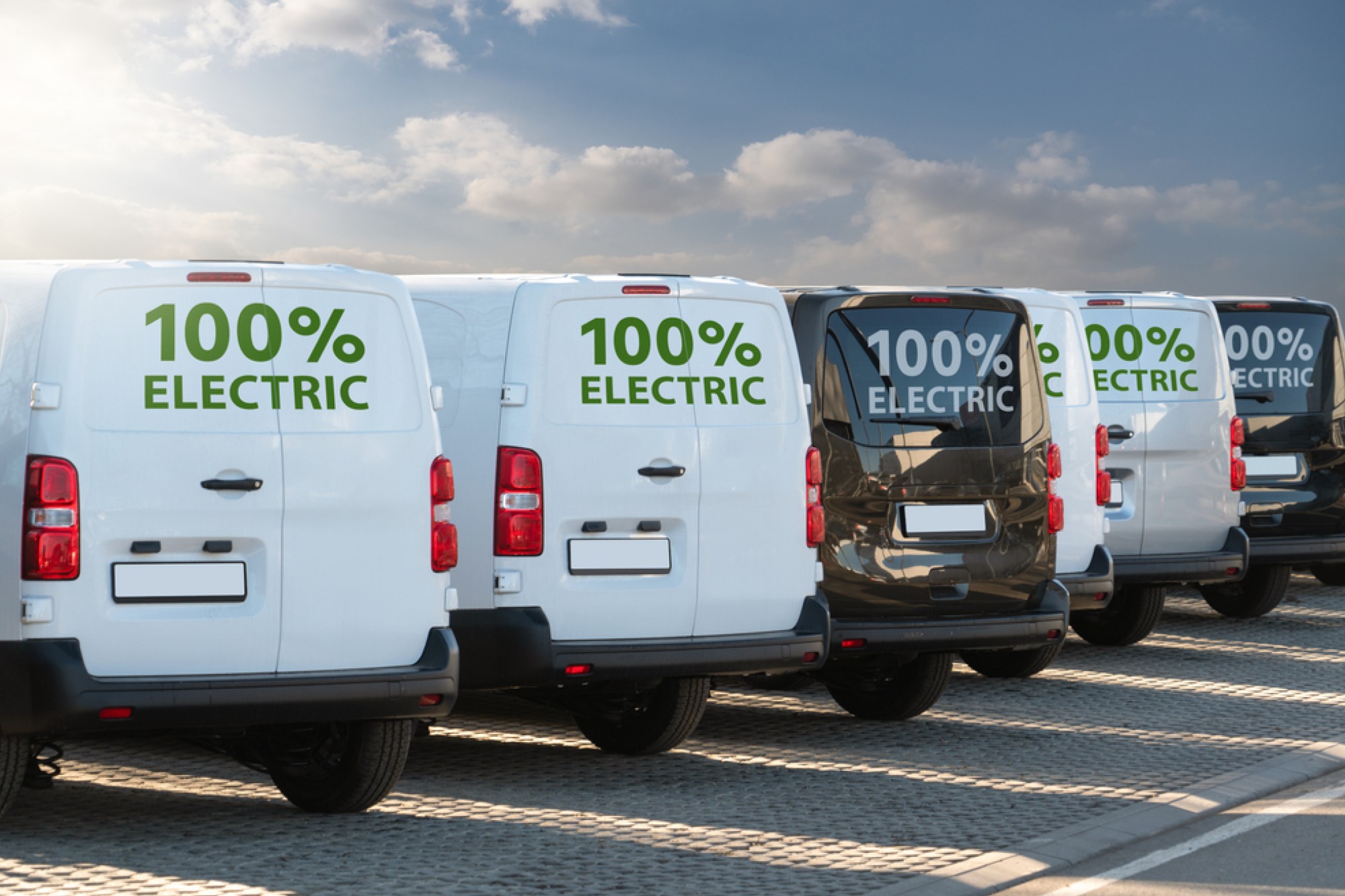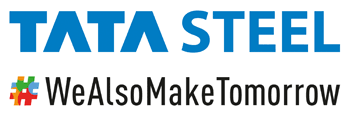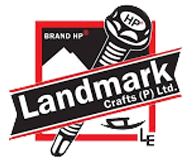The right access equipment
By Edit Team | July 29, 2015 9:51 am SHARE
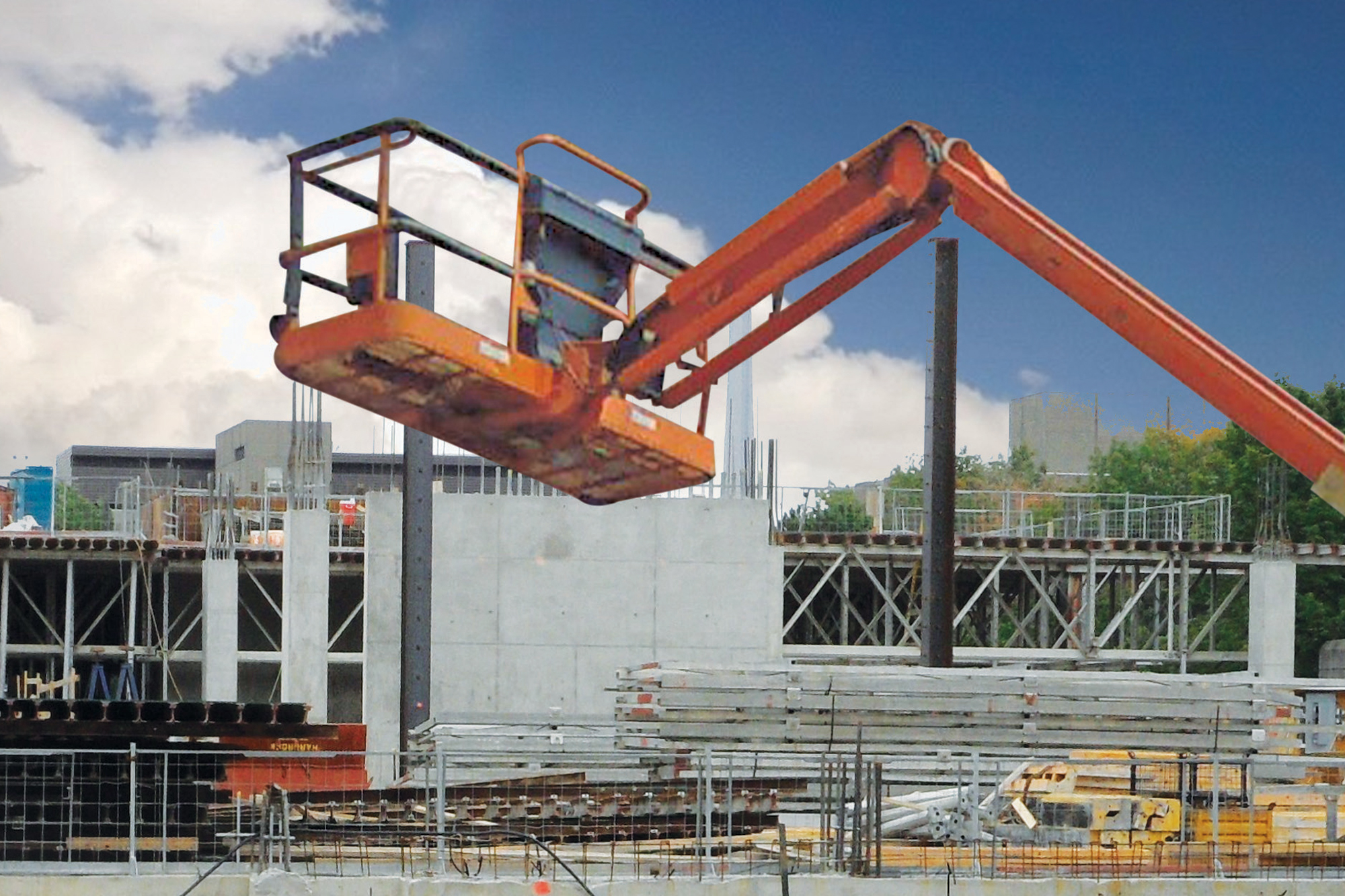
Guidelines on safe use of aerial work platform equipment
Safety is one of the most critical issues that need to be addressed while working at heights. As far as the AWP operation in India is concerned, safety related guidelines are often ignored which leads to serious accident causing loss of invaluable lives and damaging other assets.
However the safety awareness on AWP has increased considerably in the last couple of years though there is a long way to go. Ketan Patel, Director, Maco Corporation (India) Pvt. Ltd. believes, “With more and more infrastructure projects making it mandatory to use AWP on sites have also made the service and solution providers to enhance or offer better machines for the jobs. Also in their pursuit to value add to the existing offerings machines with enhanced safety features are being offered to the customers.”
Maco offers the GENIE range of products in the Indian market. Commenting on how safe are GENIE AWPs, Mr Patel said, “GENIE machines are the safest one can get in the market. GENIE is a pioneer in the aerial work platform segment and offers full proof solutions which are easy to install and can be shared with any other machines in the fleet.”
Some of the major safety features of GENIE AWPs include:
GENIE Operator Protective Structure (OPS): An optional device for installation on articulating or telescopic boom lifts and provides secondary protection for operators in the event of contact with an overhead obstacle in certain applications.
GENIE Operation Protection Alarm (OPA): This system is designed to alert ground personnel when an operator makes contact with the platform control panel by interrupting boom movement, sounding an alarm and causing a light to flash.
Operator’s training is of utmost importance since the safety of the people working on the machine is his responsibility. Unfortunately, in India we do not have a proper operators training centre and the training aspect for operators is unorganised. However with the formation of the IPAF (International Powered Access Federation) India Council last year, the industry expects a few IPAF Certified Training Centres across India soon. Souma Ray, Director at Haulotte India Pvt. Ltd. says, “The operators being trained in the IPAF training centre shall be certified and shall be issued with a PAL Card that confirms that the person is competent to use an AWP. This is indeed very essential since it shall certainly help the rental players as well as End users to have their operators trained to operate AWP’s safely.”
Haulotte Access Equipment are manufactured as per European CE standards conforming to EN280 safety norms. Haulotte AWPs are featured with safety cut-off systems which prevent the machine to be overloaded or work at an outreach which can result in an accident due to negligence of the operator.
Haulotte has introduced an entrapment prevention system ACTIV’ Shield. This is a secondary guarding system and major feature for operators’ safety by reducing the risk of its entrapment.The ACTIV’ Shield bar kits are available to be supplied factory fitted on all Haulotte diesel boom lifts. Besides they can also be retrofitted on existing machines.
Nirav Doshi, Managing Director, Nido Machineries Pvt. Ltd. believes, “Anyone operating an AWP is required to be properly trained about fall protection as well as the basic safety guidelines. ‘Be aware and stay safe’ should be the first safety rule for all the AWP operators in India while working in construction sites.”
NIDO offers a complete range of equipment to work safely and efficiently at different heights and reaches. “Our AWPs are the safest equipment for work at height. We always follow the best safety norms applicable in the material handling equipment industry and try to integrate all the necessary safety features required to operate the machine smoothly and safely. All our work platforms are CE certified and we always use branded components as a standard,” claims Mr Doshi.
He adds, “All our aerial work platforms can be customised as per the business requirements. Safety is our first priority and we always try to put our best effort to make the workplace safer. We conduct regular training programs in order to make the operators aware about the safe operation of the machine.”
According to Mr Doshi, some of the major safety features installed in NIDO’s AWPs include Battery charge indicator, levelling indicator, safety brackets, extended stop button, emergency lowering, system, forklift pockets, solid tyre, removable fence, pulling device (battery operated pedestrian controlled), and mechanical outrigger for earth lock.
Best practices
AWPs are used extensively across the world for working safely at heights. Unfortunately, in India, the safety standards and awareness related to working at heights is lacking far behind the world standards. However, over the past few years the awareness has been growing steadily which is a very encouraging sign for the AWP Industry. Good quality machines which incorporate the best safety systems, proper operator training towards operation and maintenance of machines will go a long way in giving better productivity.
Mr Ray observes, “Although India has been lagging behind the developed world where use of AWPs is mandatory when working at heights, we shall have similar legislations in India too in the near future. With the pace at which the Indian economy is growing, that day is not far away. This shall certainly be the turning point for the AWP industry in India as there would be a major upswing in requirements of AWP across the country.”
Mr Patel outlines some of the best practices for safe use of AWP equipment as follows:
• Operator should have thorough experience of using an AWP and should be comfortable working at heights.
• Operator should know the brand of machine, its features and emergency escape or lowering systems.
• Operator should be aware of the machine limitations towards weather conditions as these machines elevate themselves to as high as 180 ft and have a good chance of facing very high wind forces and lighting strikes while working in the open.
• The machine should have 100 per cent functioning limit switches or limiting devices and this has to be checked and ensured of their functionality before every shift and by every new operator. This is also known as a pre operation inspection.
• Always have a site or application area inspection done thoroughly as most of the machines are self propelled and depend on balance using counterweight. The machine weight vis-à-vis the ground stability, gradient has to be very strictly taken in to account when using an AWP.
• Strict adherence to site regulations and possible hazards has to be understood before the machine is used at a site. For example, the operator should know about possible electric induction from adjoining active power lines, presence of highly flammable hydrocarbons etc.
According to Mr Doshi some of the best practices for safe use of AWP equipment are:
• Ensure that only properly trained persons are authorised to operate the aerial work platform equipment. Inexperienced operators should receive proper training from a qualified instructor before attempting to operate it.
• Occupants must wear a safety belt while working at height. This is the most important safety step for fall protection. Attach lanyard to the anchor provided in the platform equipment.
• Never sit, stand or climb on the platform guard rails. In case of a power failure, the ground personnel should use the manual controls to lower the platform.
• Keep platform floor clear of debris. Lower the platform entry mid-rail or close the entry gate before operating the machine.
• Never operate the aerial work platform in strong winds that exceed 45 km/h. Never increase the surface area of the platform or the load. Increasing the area exposed to the wind will decrease the aerial work platform stability.
• Position the aerial work platform at the work area. Make sure the aerial work platform is on a firm and level surface and there are no potential hazards such as overhead obstructions or electrically charged conductors.
• Conduct daily or monthly maintenance check to find out any sort of error in advance.
———————————————————————————————————————————————————————–
Although India has been lagging behind the developed world where use of AWPs is mandatory when working at heights, we shall have similar legislations in India too.
Souma Ray,
Director,
Haulotte India Pvt. Ltd.
——————————————————————————————————————————————————————–
GENIE is a pioneer in the aerial work platform segment and offers full proof solutions which are easy to install and can be shared with any other machines in the fleet.
Ketan Patel,
Director,
Maco Corporation (India) Pvt. Ltd.
——————————————————————————————————————————————————————–
’Be aware and stay safe’ should be the first safety rule for all the AWP operators in India while working in construction sites.
Nirav Doshi,
Managing Director,
Nido Machineries Pvt. Ltd.
Cookie Consent
We use cookies to personalize your experience. By continuing to visit this website you agree to our Terms & Conditions, Privacy Policy and Cookie Policy.




